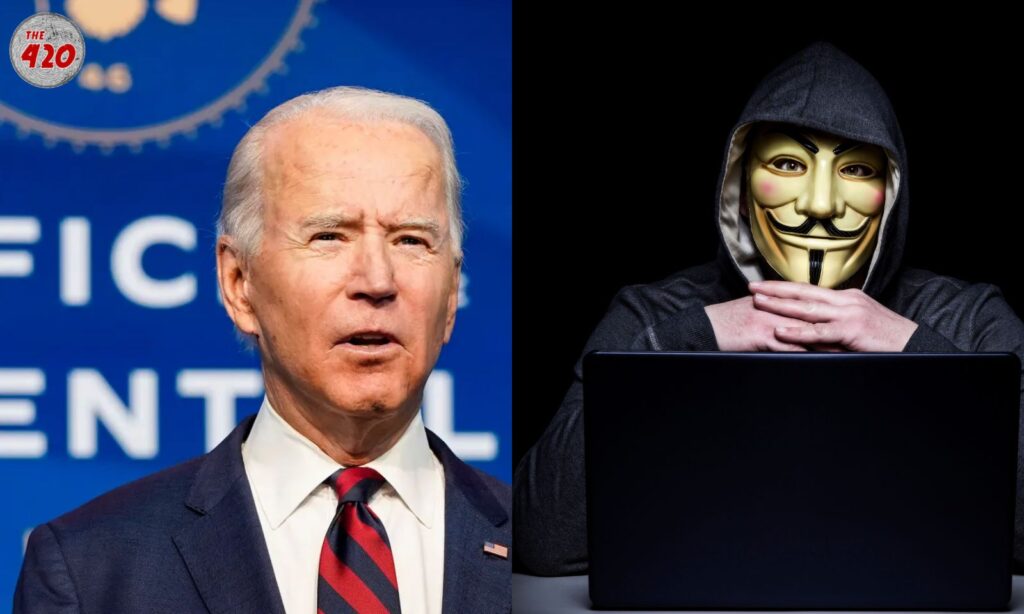
Biden Administration Tackles Massive Cybersecurity Breach by Chinese Hackers
Biden Administration Responds to Major Cyber Breach
The Biden administration is currently addressing a significant cybersecurity breach involving Chinese hackers who infiltrated at least eight U.S. telecommunications providers. This event is part of a larger global spying campaign attributed to China, raising concerns over the resilience of America’s critical infrastructure. The breach has led to heightened collaboration between the U.S. government and private sector entities to mitigate risks, protect sensitive data, and prevent future cyberattacks.
The Scope of the Cyber Espionage Campaign
According to recent reports, this cyber espionage campaign has compromised vital systems across multiple countries, with the United States being a primary target. The hackers reportedly gained unauthorized access to internal systems of telecommunications providers, leveraging vulnerabilities to extract data over an extended period. These attacks underscore the growing sophistication of state-sponsored cyber threats and their implications for national security.
The breach also highlights how critical industries, such as telecommunications, remain lucrative targets for cybercriminals due to their role in managing sensitive communications infrastructure.
U.S. Government’s Immediate Actions
In response to the breach, the Biden administration has convened a task force involving cybersecurity experts, intelligence agencies, and private stakeholders to assess the damage and coordinate a unified response. The National Security Council emphasized that securing the nation’s infrastructure remains a top priority.
The administration is also expediting efforts to implement the National Cybersecurity Strategy, which focuses on strengthening public-private partnerships, mandating tighter security measures, and expanding funding for cybersecurity research.
Impact on Telecommunications Providers
The affected telecommunications providers are reportedly working closely with federal agencies such as the Cybersecurity and Infrastructure Security Agency (CISA) and the FBI to mitigate the breach’s impact. Efforts include:
- Conducting forensic investigations to determine the extent of the data compromise.
- Implementing advanced threat detection systems.
- Educating employees on recognizing and responding to suspicious activity.
The collaboration serves as a blueprint for how the government and private entities can unite to address large-scale cyber threats.
China’s Role and Global Repercussions
This breach is part of a broader pattern of cyber espionage activities attributed to China, which has consistently denied any involvement. The Chinese government frequently disputes allegations of state-sponsored hacking, labeling them as politically motivated.
However, cybersecurity experts point to evidence linking the techniques and tools used in the attack to known Chinese threat actors. The global repercussions of this incident extend beyond the United States, as allied nations face similar challenges. Strengthening international cooperation is crucial for countering transnational cyber threats.
Cybersecurity Measures for the Future
The incident serves as a wake-up call for the telecommunications industry and beyond. Here are some of the steps being taken to prevent similar breaches in the future:
- Zero-Trust Architecture: The federal government has been advocating for a zero-trust approach, which limits access to sensitive systems based on strict verification protocols.
- Enhanced Encryption Standards: Ensuring communications are encrypted can make it significantly harder for attackers to intercept or steal sensitive information.
- Proactive Threat Hunting: Organizations must invest in identifying and mitigating threats before they can exploit vulnerabilities.
What This Means for the Average American
For American citizens, this breach reinforces the importance of personal cybersecurity practices. With increasing reliance on digital systems for communication and commerce, individuals should adopt measures such as:
- Using strong, unique passwords.
- Enabling multi-factor authentication for all accounts.
- Regularly updating software to patch vulnerabilities.
External Resources for Further Reading
- Learn about the National Cybersecurity Strategy from the official White House fact sheet.
- Stay informed on cybersecurity best practices at CISA’s official website.
- Read more about global cyber threats in this detailed report by the Council on Foreign Relations.
Conclusion
The recent cyber breach targeting U.S. telecommunications providers underscores the urgent need for enhanced cybersecurity measures across both public and private sectors. The Biden administration’s decisive actions and emphasis on collaboration highlight the critical role of government leadership in addressing modern security challenges. However, as cyber threats evolve, staying vigilant and proactive will be essential for protecting national infrastructure and maintaining public trust.
By addressing vulnerabilities and fostering global cooperation, the United States can strengthen its defenses and lead the way in combating cybercrime.
Image credit – the420.in


